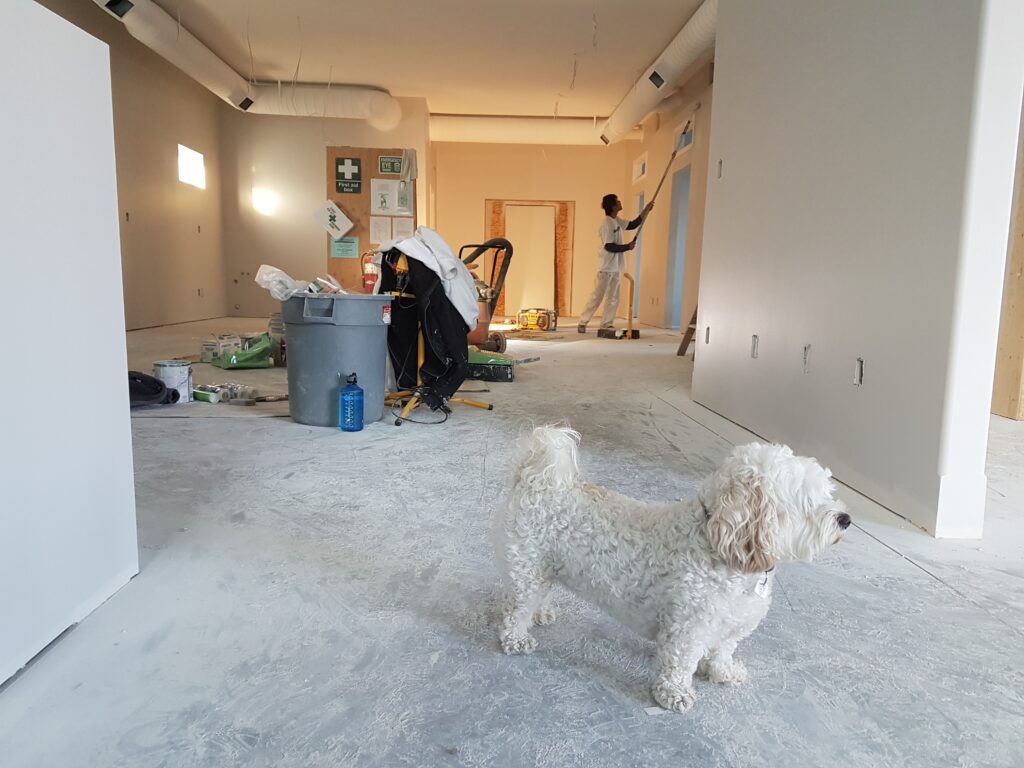It’s hard to lose when you’re house hacking. We’ve been able to help people achieve 100% returns time and time again, 100s of times, because of the nature of house hacking.
My quick summary of house hacking is it’s so worth it, but there are drawbacks, and I think it’s important for investors and future investors to be educated on what those negatives might be.

More work with house hacking
House hacking is essentially a small business. While it’s mostly passive, there are times when you’ll need to do some work. You’re tasked with all the responsibilities of being a landlord and your taxes are more complicated, but once you settle into the new responsibility it’s gets easier and easier. Think of the hours you’re spending on your house hack as hundreds of dollars per hour tasks. You’ll be paid back from your investment from that time!
Living with (or next to) others
there are many ways to house hack. You can have a single family and rent out by the room or get a duplex and rent out the other units. It doesn’t have to be my story of sleeping in the living room and renting every room out. If you have nerves about sharing your space remember it’s temporary and there are lots of upsides like meeting interesting people, sharing the cleaning or having someone to watch your pet while you travel.
Keeping a professional relationship
This tends to be a problem more when your house hacking a single-family home and renting by the room. You need to remember that the people you are living with are tenants not roommates. You can make them feel like roommates by getting along with them, but be careful to not get too close.
It’s a lot of money down
When you’re comparing purchasing a house hack to renting, you are spending a lot more money up front. When renting though you’re still required to put down first month and last month rent and a security deposit on top of that. For a $1,000/month apartment that might be $3K. If you’re buying you’ll need to put between 3-5 percent down. On a $300,000 property that might be $15-$20K just to buy the place, not including rehab costs if needed. This is where you need to pinch your pennies to get there. Through the cashflow of the property you can make your down payment sum back in the first year. This doesn’t account for appreciation or the tax benefits!
What if the tenants don’t pay
This is absolutely a risk. You are relying on someone else to make your investment property work. Unfortunately, that’s investing and you’re more likely to see returns than if you’re investing in high dividend yielding stocks. There will be times someone doesn’t pay rent, but if you screen them correctly, these missed payments can be drastically reduced. You can set up payment systems that automatically deducts their rent. I use www.cozy.co. It’s a free service that allows you to post your lease terms and link to your tenants bank accounts.
Here’s the deal, it’s not all rainbows and butterflies. Trust me, I know that, I’ve walked the walk, you’re the one who will have to decide if the sacrifices now are worth it for the payoff later.
If you want to connect with other house hackers, I encourage you to come to one of our Meetups. Meet others who can provide you guidance and mentorship.